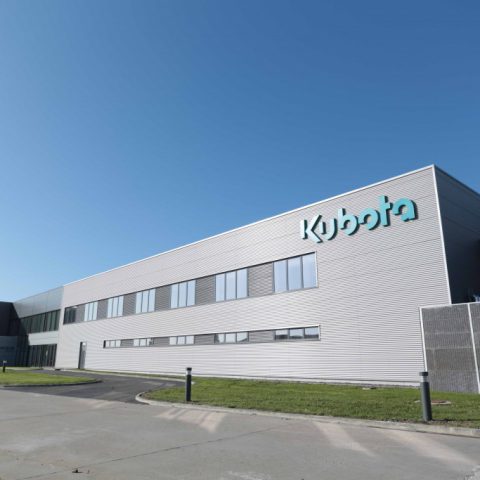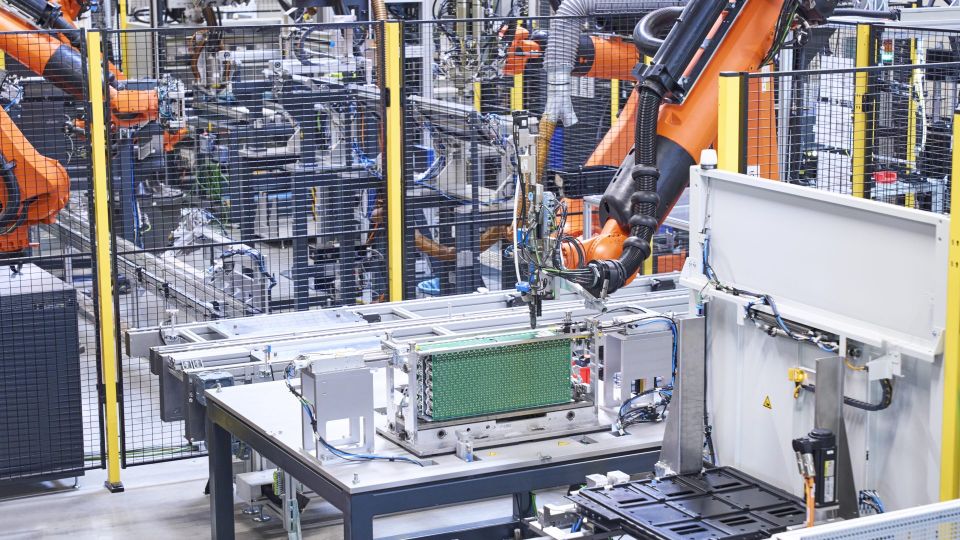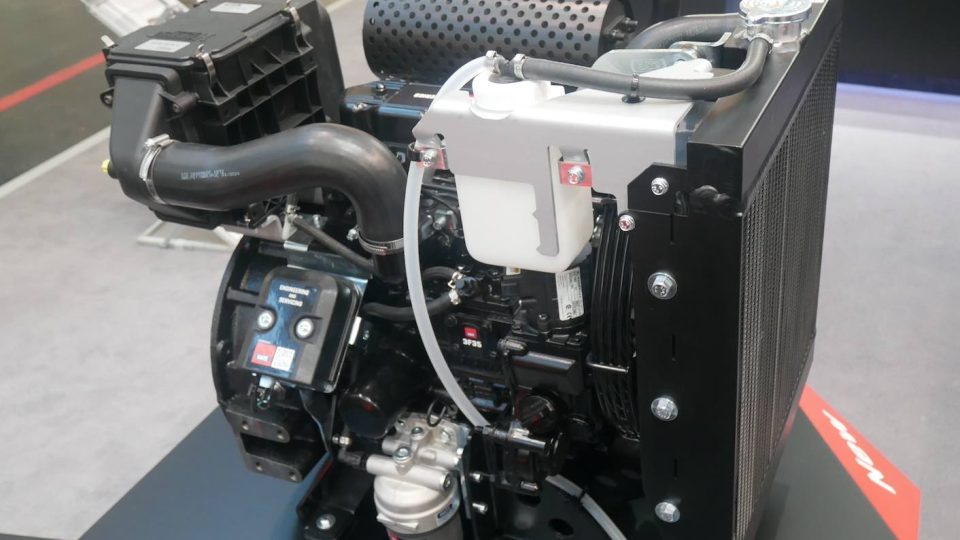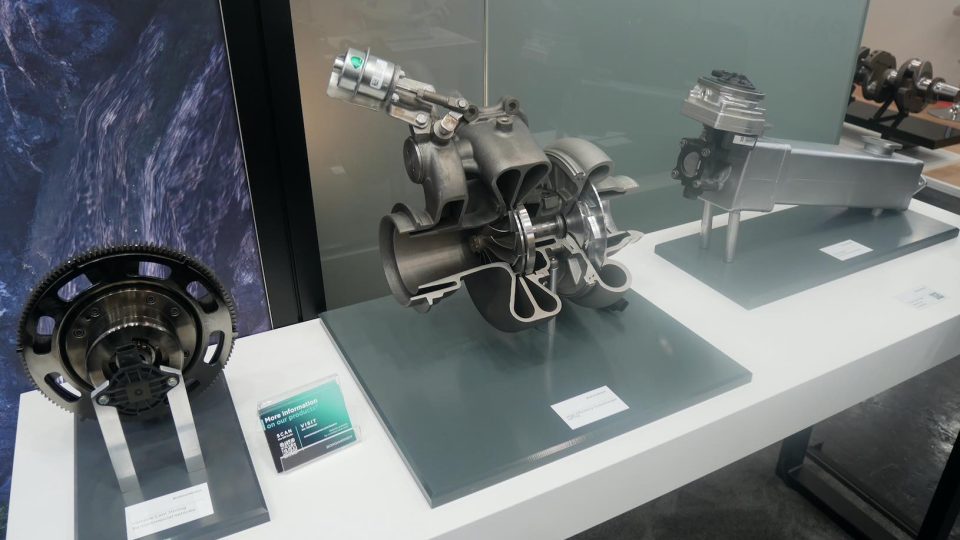Kubota unveils fuels breakthrough for entire engine range
At Bauma Munich, Kubota has revealed that all Kubota diesel engines can now use paraffin-based fuels that comply with European standard EN15940. This then permits the use of Gas to Liquid (GTL) and Hydrotreated Vegetable Oil (HVO) fuels complying with this standard.

At Bauma Munich, Kubota has revealed that all Kubota diesel engines can now use paraffin-based fuels that comply with European standard EN15940. This then permits the use of Gas to Liquid (GTL) and Hydrotreated Vegetable Oil (HVO) fuels complying with this standard.
The announcement further underlines the company’s commitment to a carbon neutral future as HVO and GTL offer a range of environmental benefits compared with more conventional fuels. Using HVO and GTL are also straightforward options for operators as they are “Drop-In” fuels and do not require engine or machine modifications to enable their use.
“By facilitating the use of fuels complying with EN15940 across our entire engine range we are sending a clear message to the market that Kubota is not only delivering current technology but also satisfying the demand for future, even cleaner, fuel technologies,” said Daniel Grant, Manager Marketing Intelligence, Business Unit Engines Europe, Kubota UK. He added: “HVO and GTL can be swapped for regular diesel and there is also the capability to mix them with other fuels without compromising engine performance.”
Paraffinic fuels are produced from sources such as natural gas, coal, vegetable oil, animal and vegetable fats, and their main component is paraffin. Gas-to-Liquids technology turns natural gas into liquid fuels. Fuels synthesised from sources such as vegetable oils and fats are called HVO.
Their advantages over conventional fuels include:
- Reduced emissions such as less nitrous oxide (NOx), hydrocarbons, particulate matter and carbon dioxide
- A longer “shelf life” compared with other fuels such as biodiesel
- HVO fuel is created from renewable, sustainable raw materials
- Excellent cold weather and cold start properties
- No requirement to clean fuel tanks when switching to using the fuels
At bauma, carbon neutrality solutions will be a key feature for Kubota and its booth exhibits include its range of available technologies including compressed natural gas (CNG) and Micro Hybrid engines.
Also on display are two new engines featuring state-of-the art technology which expand the fully electronically controlled engine line-up below 19kW. The D902-K and D1105-K engines both feature Kubota’s highly advanced and ground-breaking common rail system developed exclusively for small engines, TVCR.











